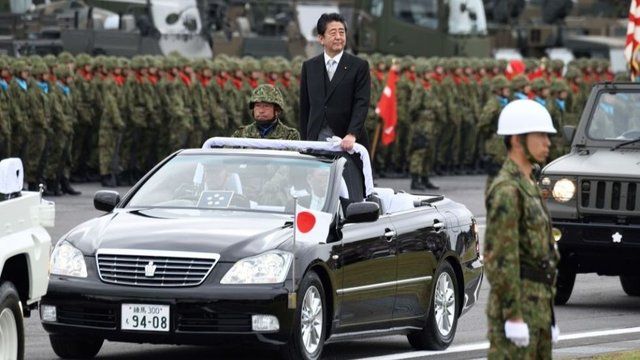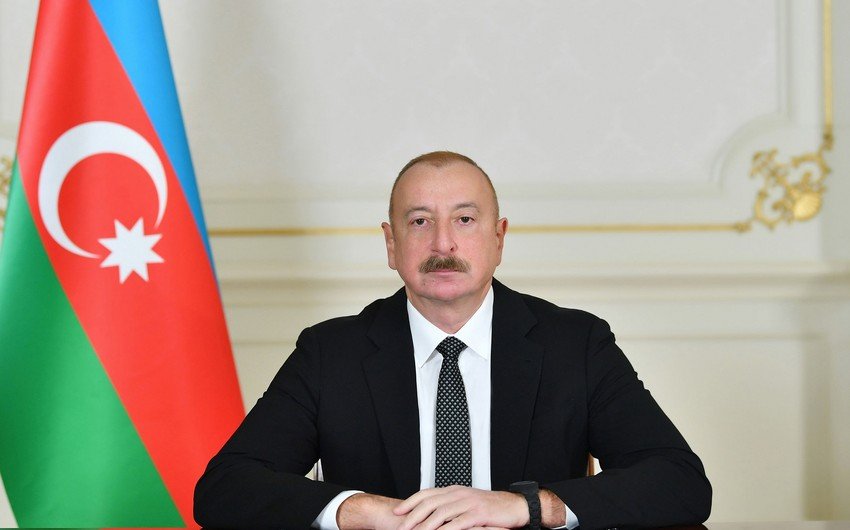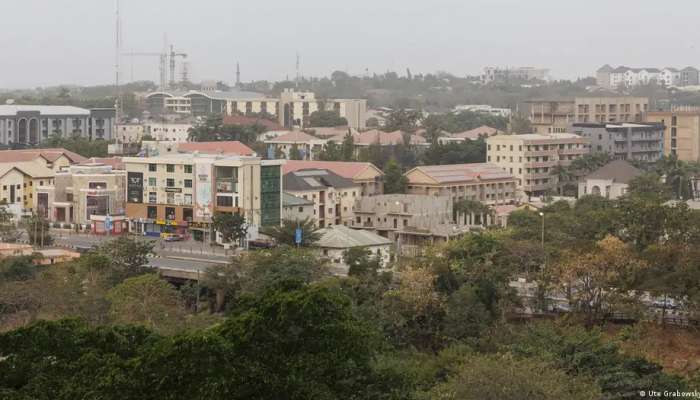Japanese Prime Minister Shinzo Abe’s recent victory in the election to lead Japan’s governing party helped advance him towards becoming his country’s longest-serving prime minister. It affords him an opportunity to move forward on key policy areas facing Japan as it prepares for Japan’s new emperor to assume the throne in 2019 and for Tokyo to host the 2020 Summer Olympics.
Over the longer term, he will need to prioritize to accomplish remaining policy aspirations — namely, constitutional revision, structural reform of the Japanese economy, and management of the country’s demographic crisis.
Revising Japan’s pacifist constitution
Now is arguably Abe’s make-or-break moment to realize his goal of revising the constitution’s war-renouncing clause, Article 9, by his stated timeline of 2020. He will need to capitalize on his remaining political capital to achieve this aim; Japan’s charter has not been amended since 1947.
Abe wants to resolve the debate among constitutional scholars in Japan about the legality of the Japan Self Defense Forces (SDF). For years, many have argued that having the SDF violates Article 9. To address this, Abe wants to insert into the constitution a reference to the SDF while keeping in place the clauses that renounce the right to wage war and ban the maintenance of a standing military.
He cites threats to Japan’s national security as justification for amending Article 9, most notably North Korea’s menacing behavior and the rise of China.
To achieve the required two-thirds majority in parliament for proposing constitutional change for public referendum, Abe’s Liberal Democratic Party will need support from its coalition partner, the Komei Party, and from minority opposition parties. The Komei Party, principally supported by the pacifist lay Buddhist group Soka Gakkai, is known to be wary of changing Article 9.
If Article 9 revision passes parliament, it then would need approval by a majority of Japanese voters to be codified. But the Japanese public long has been divided on the issue. Recent polls indicate 46 percent remain opposed, while 44 percent are in favor. Most Japanese do not want Japan’s postwar constitution changed, believing that its built-in legal constraints have served Japan well and allowed for its peaceful, prosperous revival.
If they want the referendum approved, the prime minister and his allies should start, without delay, a concerted nationwide public relations campaign to address public concerns. This will require significant political capital and time.
Reforming the economy
It is no secret that Abe needs to put his country back on a path toward economic growth. Thus far, he has delayed any structural economic reform, opting instead for the ineffective stimulus policies of the Bank of Japan and a weak yen to revive the economy.
Compounding the challenge is Japan’s public debt-to-GDP ratio of 250 percent, and the country continues to have difficulty meeting its health and welfare costs while its pool of available (and taxable) workers continues to dwindle.
Tokyo for years has relied on loose monetary policy to cover the costs associated with its persistent deficits, but this approach has met its limits. Providing additional support for startups, cutting red tape, lowering taxes, reforming outdated labor laws and creating favorable conditions for foreign direct investment are crucial for making Japan’s economy more competitive. Other necessary changes for structural economic reform are opening Japan’s agricultural, energy and environmental sectors as well as deregulating the overly restricted health care industry.
Abe and his administration also need to work to change the psychology of Japanese workers, providing them with hope that better times are ahead. For two decades, Japanese salaries have remained static, even as some corporations in recent years have enjoyed record profits. Understandably, Japanese workers and households have been hesitant to open their wallets.
Outreach to women and young families also should be part of the economic reform platform. Japanese women need to know that their government is serious about helping female workers by providing daycare facilities, better maternity leave policies, and opportunities for career advancement.
Managing the demographic crisis
In 2017, Japan’s population shrunk by 227,000, marking seven straight years of decrease, and 2019 budget spending is projected to reach a record high $920 billion, with a third of that amount set aside for health and welfare costs.
To help fill its shortage of workers, Japan needs to make changes to its immigration policy regarding foreign workers. This year it implemented timely measures that ease restrictions on unskilled workers to mitigate labor shortages in nursing, shipbuilding, lodging, construction and agriculture. But further changes will be necessary.
To be fair, Abe’s goals of revising Japan’s constitution, rebooting its economy and managing the effects of a shrinking, graying population are long-term endeavors that will require the efforts of successive administrations. Yet, Abe is at the height of his political power and well-positioned to take on these issues. Making headway on these policy goals would further solidify his legacy.










.jpeg)









